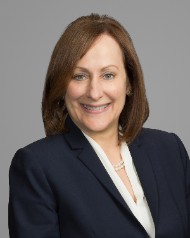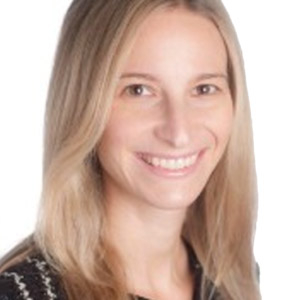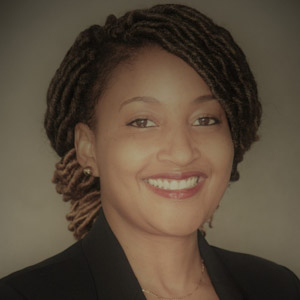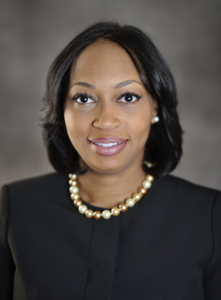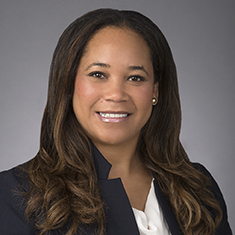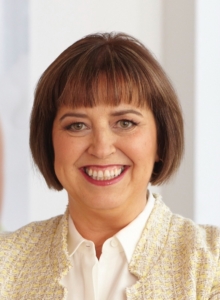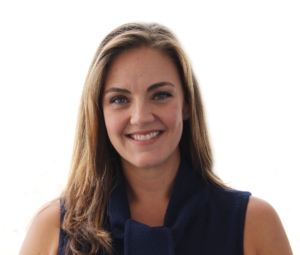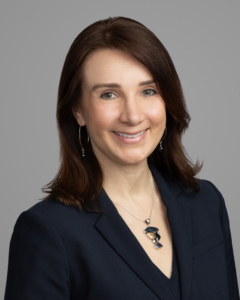 Believe in yourself, be hardworking and tenacious, advises Digilant’s Raquel Rosenthal, but never forget that
Believe in yourself, be hardworking and tenacious, advises Digilant’s Raquel Rosenthal, but never forget that 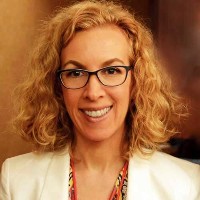 determination is a big part of success.
determination is a big part of success.
“Don’t let the little stuff get to you, but keep looking at the goals with your eye on the prize,” she says, an attitude that she attributes to her sales background.
“When you’re young and on a superstar path, you want to get there quickly, but you need to continue to work on yourself. With any blip, I kept focused and realized that even if my time wasn’t now, it was coming.”
Riding the Wave of Transformative Technologies
That determination has given Rosenthal a front row seat to the transformation of the digital world over her career. In college she worked at her campus radio station as a sales manager, then got a position at a local publication called the Advantage where she worked for a year before starting her own publication, which she ran for four years. “While I started on the traditional side, I focused my career on the digital advertising industry and emerging markets. I have always been entrepreneurial, which has shaped me and how I’ve grown my career,” she says.
While she loved advertising and selling, when she started her career at DoubleClick, a company acquired by Google, she realized she had found her passion. With the digital industry just emerging,it was an exciting challenge to work with large companies to convince them to pivot their marketing budgets. She held management roles at other tech companies, including Belo Interactive Media and dataxu, and then seeking a new challenge, she joined Digilant in 2011, ascending from Senior Vice President of Sales and Chief Revenue Officer to CEO.
“I feel very fortunate to have been part of this emerging field,” she says, adding that while she is proud that she’s been able to switch gears from being a contributor to becoming a CEO, even more so she considers herself a “turnaround” CEO. “I was able to leverage my revenue mindset and take the company from where it was losing money to today, where we are headed into our third consecutive year of growth,” she says.
Always on the forefront of emerging trends, Rosenthal closely watches the current landscape within the advertising space, where there’s been a merger of adtech agency services and consulting. “It’s significant when companies with that financial prowess enter the space, so we have been focused on retooling our company to ensure we can compete alongside the larger companies.”
Along with that, Digilant is focused on eliminating siloed data within organizations and the industry to help create a seamless customer experience. Rosenthal states, “we are shifting to a single source of truth to help understand how the consumer is looking to get their data and how analytics can help us improve the consumer journey.”
A Growing World of Opportunity
Looking at the talent landscape, Rosenthal sees many more opportunities for women in middle management and leadership positions than when she started, and although there are still fewer women than is ideal, she feels optimistic about what lies ahead. Using her own company as an example, Digilant has four women in executive leadership positions, attributed to recent growth.
With a focus on diversity of gender and culture, they have implemented “Women and Wisdom”,a monthly discussion group that covers a diverse array of topics, from gender roles to climate change, all chosen by women. A robust mentorship program is also key to helping elevate women.
Rosenthal believes it’s important to stay focused on your work, but in order to bring your best self to work and position yourself for success, you also have to focus on yourself. She says, “it could be walking the dog or reading a chapter every day, but you have to have something that helps you decompress and get away from work to bring that fresh mindset that breeds creativity.”
She definitely takes her own advice, including a daily three-mile walk with her dogs and setting aside time to read books on managing, such as Radical Candor and Good to Great. “People are in constant evolution, including myself, so I love to focus on those topics that will help both myself and the company.”

